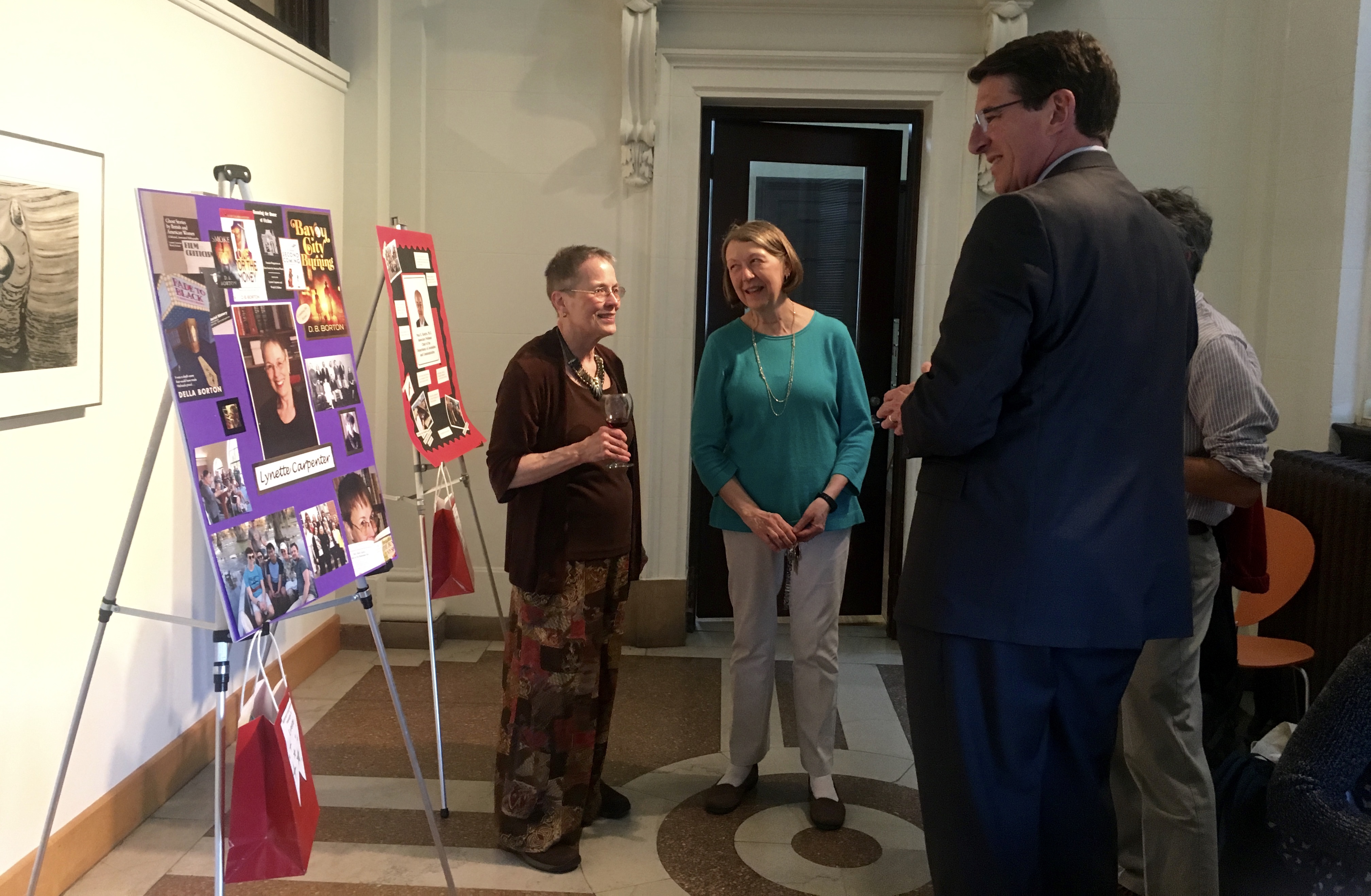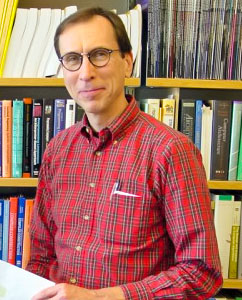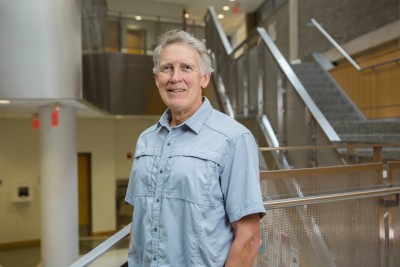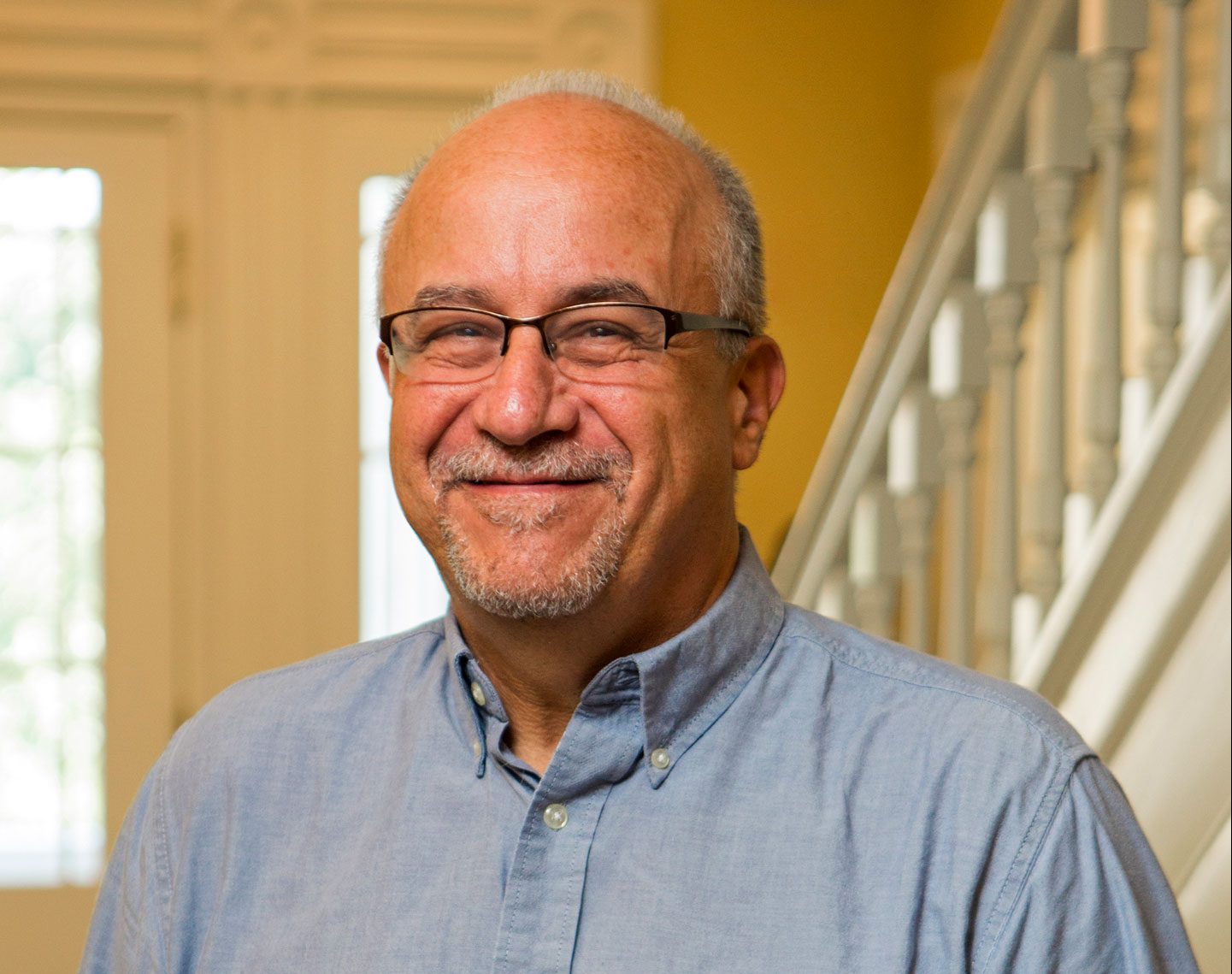Upon returning to Ohio Wesleyan for my junior year in the fall of 2017, I had no plans of writing for The Transcript, let alone join their staff. Being a journalism major, I knew I had to do it at some point, I just didn’t think that semester was the right time.
I was taking the notoriously difficult Data and Ethics class with Paul Kostyu, associate professor of journalism and department chair. That class alone, now knowing from experience, can increase a student’s stress level beyond normalcy.
Only two students were in that class: myself and Aleksei Pavloff, the sports editor for The Transcript at the time. From the first class, Aleksei pushed me to join the Transcript. He continued to do the same in every class after that.
I’m now incredibly grateful that he did.
Fast forward a year and half later, and here I am, writing my last editorial as editor-in-chief of The Transcript.
It’s clear to anyone who knows or has read our issues and pieces over the past year that The Transcript wasn’t always perfect. Not by a long shot. I was constantly emailed/notified about the problems in the issues, as well as spoken to about them in person. There were even instances where I had the paper shoved in my face, with the person citing a very specific inaccuracy.
Yet although this was frustrating at points, it didn’t mean these problems that arose weren’t backed up with validation. Just ask Kostyu, and he’ll show you his edits (which I’m sure he keeps) of each issue after it was published, each page marked to the brim in black ink. Thinking on it now, he did leave less white space.
Kostyu wasn’t alone in his criticisms. Ingles also edited each issue, and although there was less ink when she edited (and in purple), she made sure to point out the biggest problems. Even TC Brown, instructor in journalism, joined in on critiquing here and there.
While that may not sound like the most joyous experience, it had many positives. The presence and dedication of these mentors, whether through outside guidance or critiques, has proven both beneficial and necessary, as without it the staff, and paper, would have gone into a tailspin.
The challenges of having such a small staff have been apparent over the last year and a half. Recruiting was certainly hard when I first started as editor, especially when there wasn’t much interest. The number of stories assigned to one person sometimes seemed to much for their own sanity. Designing was a strenuous process, but necessary.
Regardless, we as a publication have certainly come so far. This semester, we experienced The Transcript evolve into a fully-digital publication, with our designed issues being sent out solely in PDF format to our subscribers via email. We saw a complete re-branding of the website, including a new theme. We added new features never used in previous versions of the site. We increased our social media following, as well as participation. The deadlines to turn in a story were changed from a week to three days maximum, although great encouragement was put on turning it in that same day. Because of this, we post stories daily, providing a more consistent form of news. We now design our e-editions once a month, instead of bi-weekly. Most recently, we saw our highest viewed story on the website to date, as evident by Jesse Sailer’s piece “Ohio Wesleyan’s ‘invisible problem,’” (3,000 reads and counting). We truly, I believe, have set up The Transcript for a positive future.
Throughout my tenure, I’ve come to realize that nothing could have been possible without you, the reader. It’s your feedback, whether positive or negative, that has kept us going, particularly over this year. The sense of pride felt when one of you picked up the paper or viewed one of our stories online was, and still is, incomparable. As I stated before, I know we weren’t perfect, but we do, and always have, appreciate your continued support. I encourage you to keep giving feedback/suggestions/whatnot, because sometimes the best ideas may come from the people on the outside.
The Transcript has become part of my routine over the past year and a half, so much that it has become normal. There have been moments that I will cherish forever, and situations that will no doubt benefit myself and the rest of the staff going forward. For example, tips from my predecessor, Gopika Nair, have been engraved in mind for years to come.
It truly is hard to believe my term as editor-in-chief is coming to an end. Throughout the ups and downs, working for The Transcript has been one of the most incredible experiences I’ve had, working with many fantastic people along the way while improving my skills as a journalist.
I wish the new editor-in-chief and editorial staff the best as they continue to keep the Transcript heart beating. Whoever that may be, I have full confidence that they will do an amazing job, and positively make their mark on the Transcript’s long history.
That being said, it has been an absolute honor to serve as editor-in-chief of The Transcript for the past year, and I thank everyone who has joined me on this thrilling ride.














